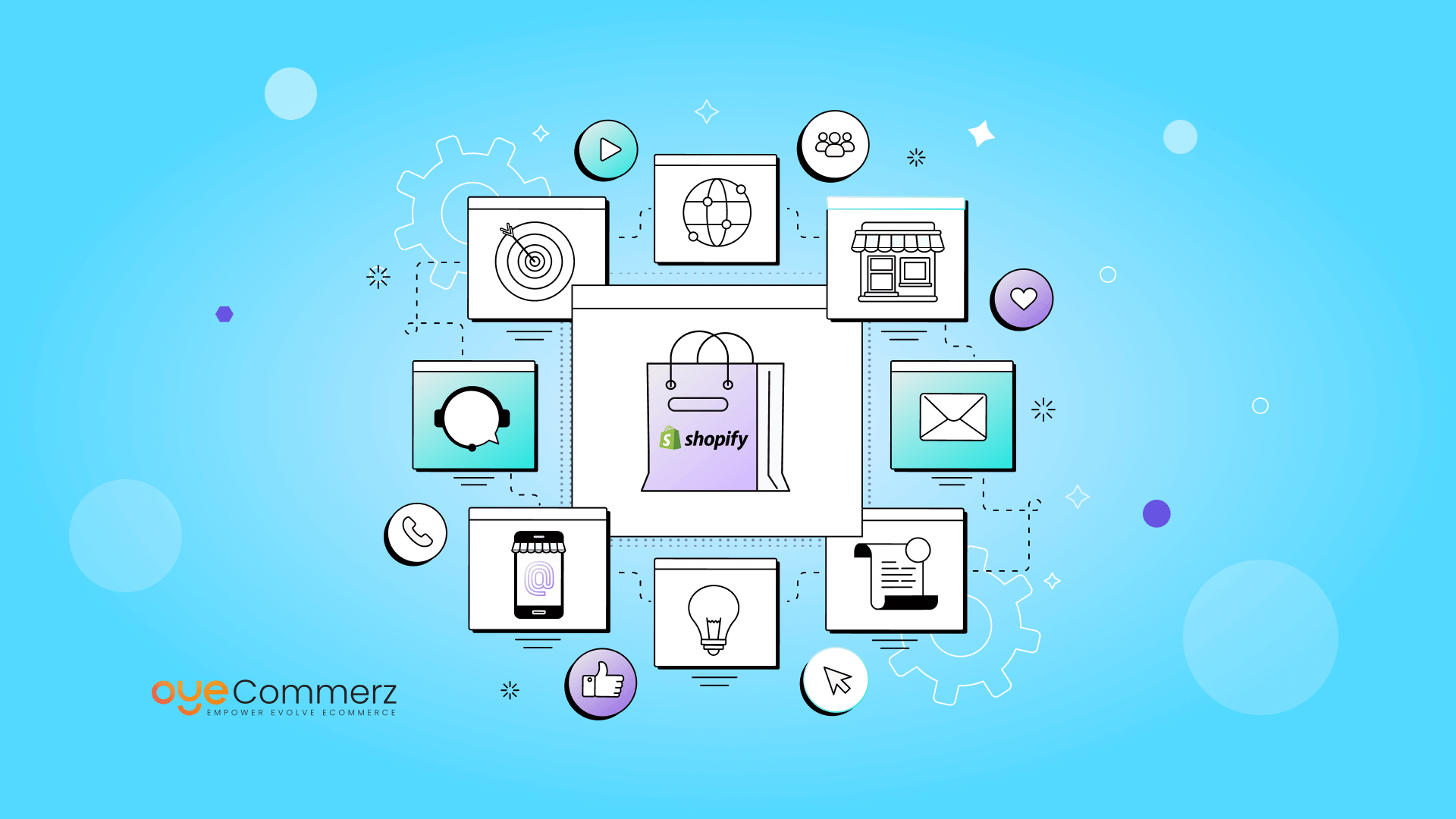Overview
In today’s cutthroat e-commerce landscape, standing out is essential, and one of the best ways to set apart a Shopify store is through custom app creation. A well-built Shopify app can enhance store capabilities, streamline operations, and boost customer engagement. This guide delves into key elements of Shopify app development, covering API integration and app ecosystem to scaling strategies and promotion methods, offering a roadmap for companies seeking superior store performance.
Why Shopify API Integration Matters
Shopify’s API provides powerful tools to personalize and extend store capabilities. With GraphQL and REST APIs, developers can access data to build applications that handle inventory control, order processing, and customer data management smoothly. Integrating Shopify’s API can enable improved workflow automation and allows stores to serve customers more effectively.
Utilizing the Polaris Design System
Shopify’s Polaris is Shopify's design system for creating intuitive and accessible Shopify apps. By adhering to Polaris principles, developers guarantee that apps integrate smoothly within the Shopify Admin interface. This provides a cohesive look and feel that appeals to Shopify merchants, encouraging ease of use and familiarity for merchants using your tailored app.
Understanding the Shopify App Ecosystem
The Shopify app ecosystem provides numerous opportunities for enhancing e-commerce sites. From handling order fulfillment to boosting customer engagement, apps in this environment are designed to meet diverse business needs. Learning about this system assists developers in identifying unique app opportunities and enables smooth connections of third-party services that add value to the store.
Developing Embedded Shopify Apps
Embedded apps work seamlessly within the Shopify Admin, allowing a seamless experience for merchants. They ensure that merchants do not need to leave their Shopify control panel, streamlining their workflow. Using Shopify App Bridge and embedded app features is a best practice for providing a cohesive, integrated user environment.
Leveraging Node.js and React for Shopify Development
Node.js and React have emerged as ideal tools for Shopify app development. This server-side framework enables efficient back-end services, while React allows for dynamic, responsive front-end design. Combined, they offer an strong platform for creating speedy, scalable Shopify apps that enhance store performance and customer interaction.
Utilizing Webhooks in Shopify Development
Webhooks enable instant data updates between Shopify and an Seamless Shopify user experience outside application. They initiate events such as new orders or inventory updates and send instant notifications to your app. By implementing webhooks, apps can provide up-to-date information to store owners, streamlining workflows and boosting productivity.
Engaging Customers Through Digital Marketing for Shopify Apps
To ensure Shopify app success, connecting with users is crucial. Using online marketing techniques like SEO, email marketing, and social outreach can increase app usage. Additionally, creating applications with customer interaction as a focus (e.g., loyalty programs or personalized suggestions) boosts user retention and loyalty.
Scaling Your Shopify App
As e-commerce businesses grow, so do their technological needs. Ensuring that your app can manage higher usage, larger data sets, and more advanced functionalities is critical. By optimizing server resources and Improving Shopify store performance using scalable technologies, you can create apps that expand in parallel to a store’s success.
Important Features and Maintenance Tips for Shopify Apps
For an app to be effective, it should include essential features like user login, analytics dashboard, and customer support options. Regular app maintenance, including updates to fix bugs and compatibility checks with new Shopify functionalities, is important to maintain continuous operation and prevent disruptions to merchant workflows.
Summary
Custom Shopify app development offers immense opportunities for e-commerce stores, offering the chance to improve store functionality, streamline processes, and foster customer loyalty. With API integrations and Node.js to focusing on scalability and customer engagement, creating a Shopify app requires thoughtful preparation and strategic execution. If you’re ready to elevate your e-commerce experience, a tailored Shopify application may be the perfect choice. What features do you envision for your dream application? Share your thoughts and take the first step toward an optimized e-commerce journey!
